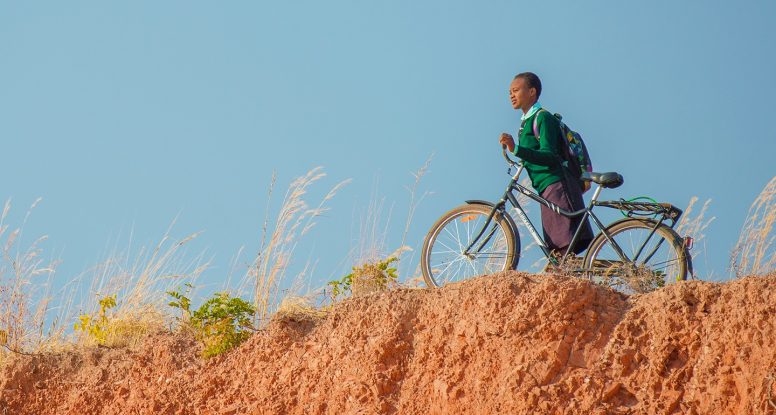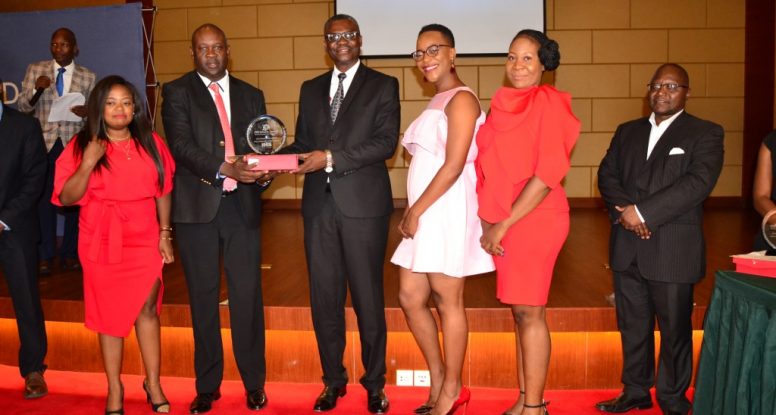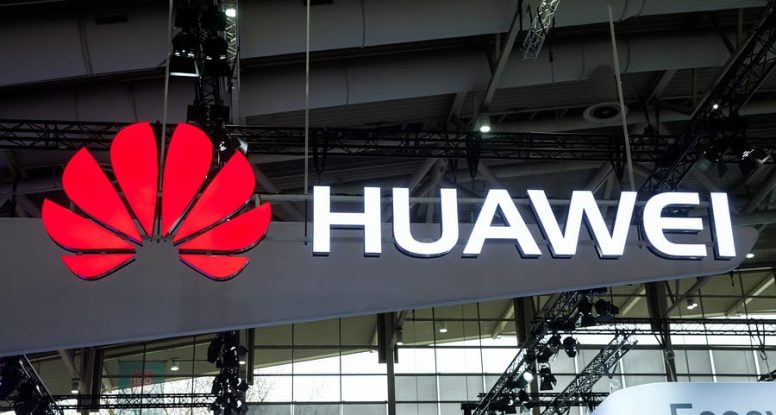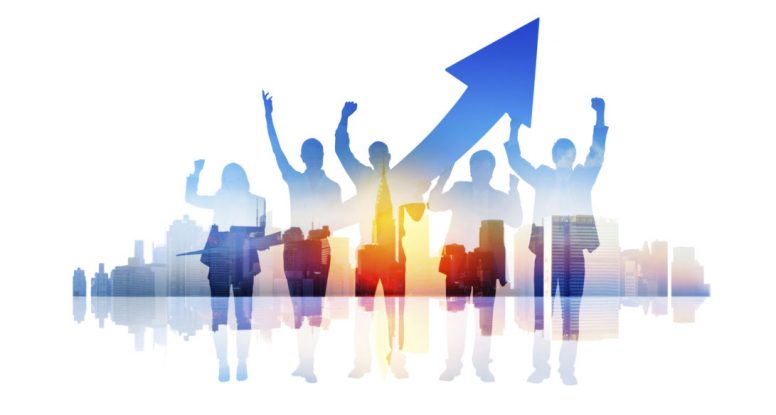Zambia, on 18th Feb 2021 joined 130 other countries to commemorate the World CSR Day. The commemoration was celebrated via a virtual meeting, officiated by Director of Community Development, Mr. Cosmas Lukupulo, standing in on behalf of the Permanent Secretary in the Ministry of Community Development and Social Services and moderated by Mulemwa Moongwa. Other panelists included Denise Clarke-Reeves, the Chief of Party USAID Let’s Read project, Brian Moonga the Country Director of World Bicycle Relief and Buffalo Bicycles Zambia, as well as Lee Muzala, the Executive Director of CSR Network Zambia.
The World CSR Day was launched on 18th February, 2012 in Mumbai at Taj Lands End by His Excellency Shri. Veerappa Moily, Honourable Minister of Corporate Affairs, Government of India, who inaugurated the program.
The Objectives of the World CSR Day are:
- To provide a common platform to the corporate, government agencies, NGOs, civil society, academics and the other groups to share their expectations, aspirations and responsibilities.
- To bring together representatives from various parts of the globe to share their experiences, challenges and opportunities.
- To spread the message of CSR, that which makes a difference to the community at large.
Mrs. Clarke-Reeves opened the session with a presentation of the Let’s Read Project, highlighting their work with the Ministry of General Education (MOGE) aimed at improving reading outcomes for approximately 1.4 million children in pre-primary (kindergarten) through Grade 3 in public and community schools. The ultimate goal of the project is to ensure that students read with comprehension and fluency in one of Zambia’s seven official local languages of instruction. USAID Let’s Read is implemented in over half of all public primary and community schools in Zambia.
Learning to read in the early grades is the foundation for learning in all subjects. The MOGE recognizes that improving the overall quality of primary education requires improving basic reading skills in early grades. Over the past decade, reading assessments for early grades consistently show that over 70 percent of children are unable to read or write at the end of their second year of learning according to the 2014 Early Grade Reading Assessment.
Brian Moonga revealed that at the end of 2019, World Bicycle Relief (WBR) celebrated the 500,000th bicycle in the
field as part of the 1 million bicycles target. An outstanding achievement for the organization. He furthered shared on how beneficiaries are selected and how the communities benefit through transfer of skills in some individuals to offer maintenance services and repairs.
Director Lukupulo, in his keynote speech reminded the corporates on the important role they play in uplifting the lives of people in the communities they operate in. He explained that It is common practice nowadays to find commemorative or Important days that are observed in and around the world. Such days each year have a particular meaning or national or international significance. And World CSR Day is such a day, when we join other countries to remember, to celebrate and to appreciate efforts by companies in accounting for their actions and for making our communities a better place. It is also a day when we remind each other not to stop doing good, a day to encourage each other to continue being good corporate citizens.
Mr. Lukupulo stressed the fact that in the context of Community Development, we need to strive to improve access to education because through education, we will realise poverty reduction in the community, promote equality, peace and security, and ultimately reduce exploitation as education will help people to know more about their rights and responsibilities as well as the law in general.
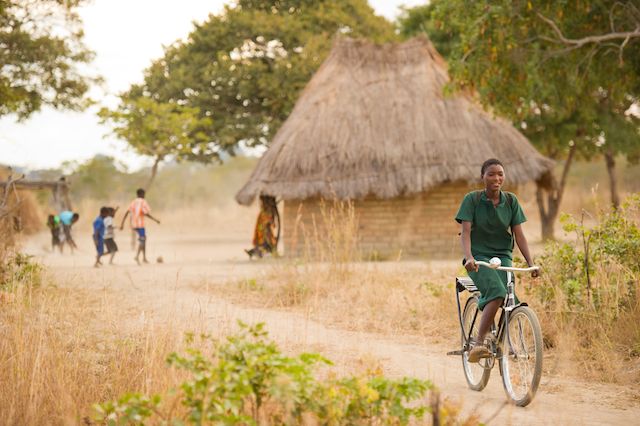
Beene leaves home at 6.30am to ride to school on her new bike. Before she received her bike, Beene would have to begin walking the 8km to school at 4.30am in order to arrive before lessons started at 7.15am. She would arrive exhausted.
As part of CSR Network Zambia’s commitment to strengthening the CSR ecosystem in Zambia, the focus for 2021 is “Access to Education”. Education in every sense is one of the fundamental factors of development. No country can achieve sustainable economic development without substantial investment in human capital development at all levels. Education is indispensable to economic development and Zambia needs a balanced education system if Vision 2030 is to be realised.
Through the pledge to Leave No One Behind, Zambia, like other developing countries has committed to fast-track progress for those furthest behind first through the 2015 Sustainable Development Goals (SDGs) by 2030. Education has been described as one of the greatest equalizers of our time , however, for rural children, education may be an equalizer but distance is a barrier! How do we work towards ensuring poverty alleviation in order to achieve the Vision 2030 and ensure inclusive and equitable quality education and promote lifelong learning opportunities for all in line with Sustainable Development Goal number four with all its seven targets?
It against this background that CSR Network Zambia has partnered with World Bicycle Relief and Buffalo Bicycles Zambia, to increase awareness of the plight of Zambian learners in rural places across the country by providing bicycles to eliminate the challenges relating to accessing education. Having identified distance as the greatest barrier to education for those living in rural areas, giving the learner a bicycle could reduce commute time by up to 75% between home and school. In the short term, bicycles help children attend school regularly and arrive better rested. In the long term, bicycles help children complete their education, preparing them for better jobs and reducing the likelihood of extreme poverty. On average, each additional year of education a child receives increases her or his adult earnings by 10%. And for each additional year of schooling completed by young adults, the country’s poverty rate falls by 9%. Some of the highest returns of all are associated with educating girls. This being the case, education must be available to all people to enable them survive and develop to their maximum potential.
This is the basis of the project that was launched by CSR Network Zambia during the meeting – Ride-2-School Cycling Challenges. The Ride-2-School Challenge is a call to stakeholders to participate by sponsoring bicycles to be donated to learners in (five) locations across the country. CSR network Zambia, in partnership with Buffalo Bicycles Limited and World Bicycle Relief is organizing the “Ride-2-School” Bicycle Challenge in the following regions:
- Livingstone dubbed “The Mosi-o-Tunya Challenge” (3rd April 2021)
- Lusaka dubbed as “Ba Lusaka Challenge” (1st May 2021)
- Siavonga dubbed “The Kariba Challenge” (5th June 2021)
- Solwezi dubbed “The Mabanga Challenge” (Aug/Sept 2021)
- Chingola dubbed “The Kopala Challenge” (Nov/Dec 2021)
Participation the Cycling Challenges is open to all – individuals and organiations. Cycling is a sport with minimal participant contact and therefore will adhere to set health and safety guidelines for participants. Companies can participate by financing the bicycles. Participation in the Cycling Challenge is open to teams sponsored by corporates as well as individual cyclists.
For more details, contact the CSR Network Zambia Secretariat by sending an email to projects(a)csrzambia.org or calling +260 977 843926.

